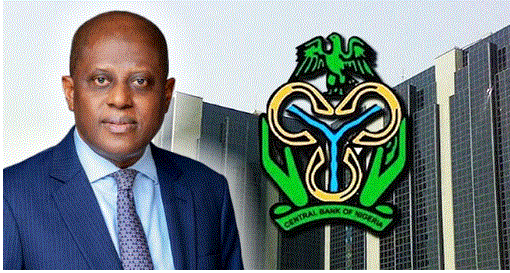In a move aimed at deepening its monetary tightening policy, the Central Bank of Nigeria (CBN) has slashed the Loan-to-Deposit Ratio (LDR) for commercial banks from 65 percent to 50 percent. This significant adjustment means that Deposit Money Banks (DMBs) are now permitted to lend only 50 percent of their deposits to customers.
The new directive, issued on April 17, 2024, with reference number BSD/DIR/PUB/LAB/017/005 and signed by the CBN Acting Director of Banking Supervision, Adetona Adedeji, mandates all DMBs to adhere to the revised LDR. The CBN emphasized that average daily figures would be utilized to assess compliance with this directive, underlining its commitment to continuous monitoring of compliance.
In the circular, Adedeji urged all banks to acknowledge the regulatory adjustments and adjust their operations accordingly. He highlighted that the revision of the LDR policy was expected to have a significant impact on both the banking sector and the wider Nigerian economy.
Explaining the rationale behind the adjustment, the circular stated, “Following a shift in the Bank’s policy stance towards a more contractionary approach, it is crucial to revise the loan-to-deposit ratio policy to conform with the CBN’s ongoing monetary tightening.”
The reduction in the LDR comes as part of broader efforts by the CBN to tighten monetary policy in response to prevailing economic conditions. By limiting the proportion of deposits that banks can lend out, the CBN aims to control credit expansion and mitigate inflationary pressures.
While encouraging banks to maintain robust risk management practices in their lending activities, the CBN reiterated its commitment to fostering a stable and resilient financial sector. The central bank emphasized the importance of prudent lending practices to safeguard financial stability and promote sustainable economic growth.
The adjustment in the LDR policy reflects the CBN’s proactive approach to managing monetary policy in line with evolving economic dynamics. As banks adjust to the new regulatory framework, stakeholders will closely monitor its impact on credit availability, interest rates, and overall economic performance in Nigeria.















